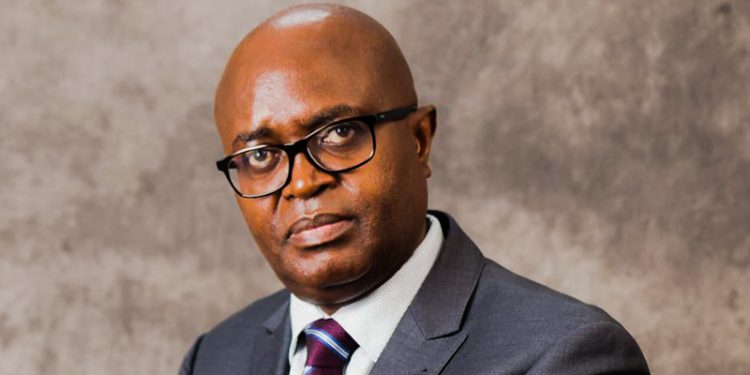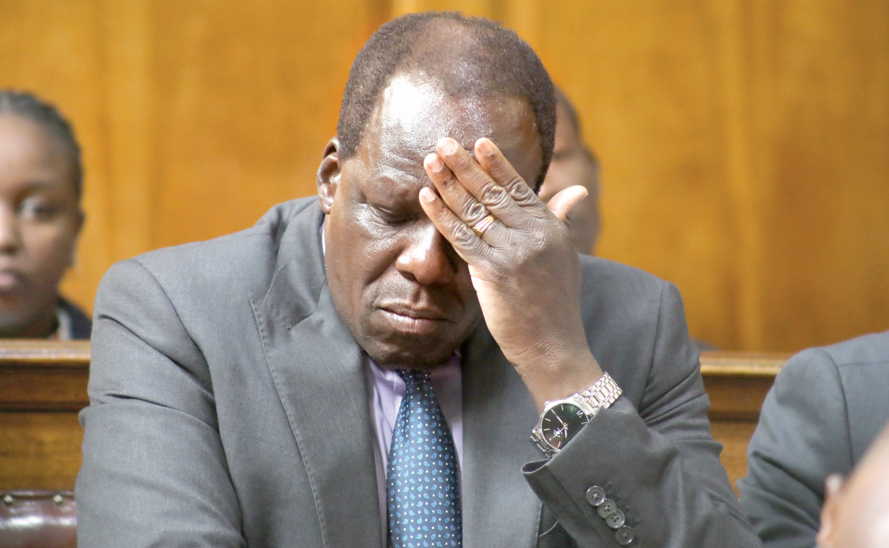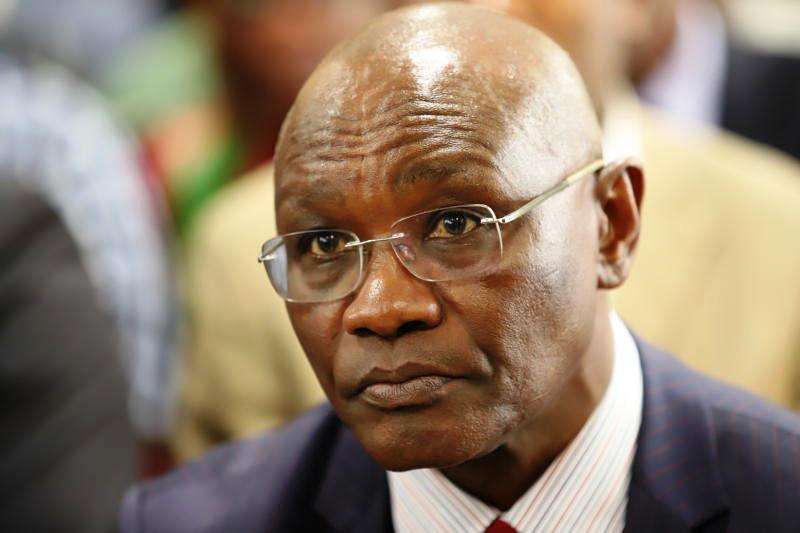By The Weekly Vision Team
Members of the National Assembly’s Public Investments Committee on Education have summoned National Treasury Cabinet Secretary John Mbadi and Education Cabinet Secretary Julius Ogamba as part of their investigation into Moi University’s financial decisions. The university spent Ksh 30 million to build a gate and took out a Ksh 3 billion loan from Exim Bank to acquire Rivatex, a struggling textile manufacturer based in Eldoret.
The committee has called on officials from the industry department and former Vice Chancellor Richard Mbeyi to explain how such significant funds were directed toward a failing project instead of being invested back into the university for its academic needs.
Regarding the Ksh 30 million gate, MPs question why the university management cancelled an earlier tender worth Ksh 4.8 million—already paid to a contractor—only to spend an additional Ksh 25 million on a new gate without following proper procedures.
During a meeting with top officials from Moi University, including Vice Chancellor Isaac Kosgey, lawmakers expressed shock that, despite the substantial loan and an additional Ksh 600 million investment in Rivatex, the university is incurring annual losses of Ksh 300 million.
MP Wamboka remarked, “How can a university commit Ksh 3.3 billion to acquire a failing entity and then abandon it when losses occur, transferring it to another department?” He emphasized the missed opportunity to invest that money in improving educational facilities and infrastructure.
Igembe Central MP Daniel Karitho questioned whether a feasibility study was conducted before acquiring Rivatex. “Was there a study to determine that Rivatex was in decline before investing in it? It seems there may have been special interests involved,” he noted.
Kiminini MP Kakai Biasu criticized the decision, highlighting that a university struggling to pay salaries should not invest billions in a failing project. “This situation requires a thorough examination. How can you teach students strategic management if you’re not applying it yourself? Who is responsible for repaying this loan—the university or the company? It doesn’t add up; this was a poor decision, and the government has lost.”





